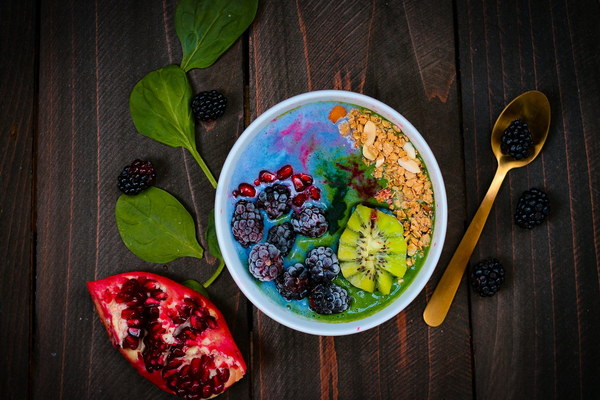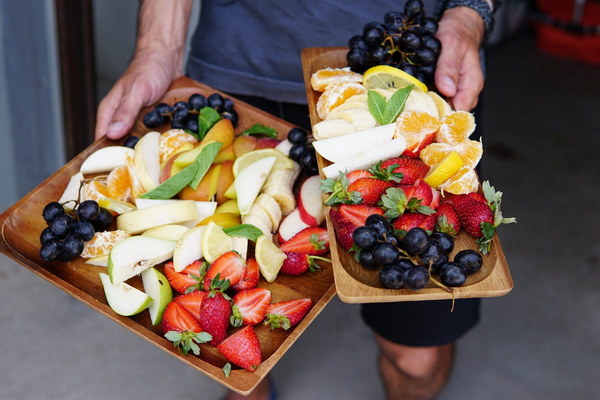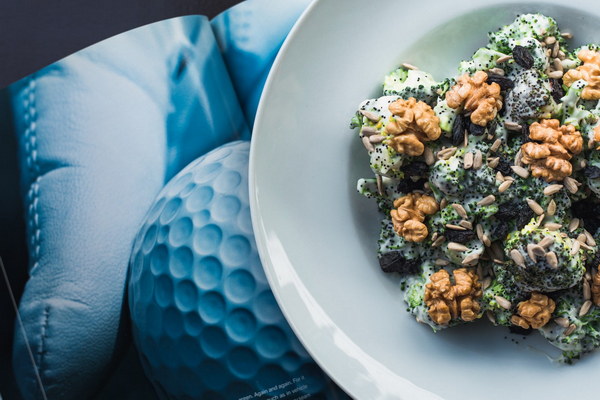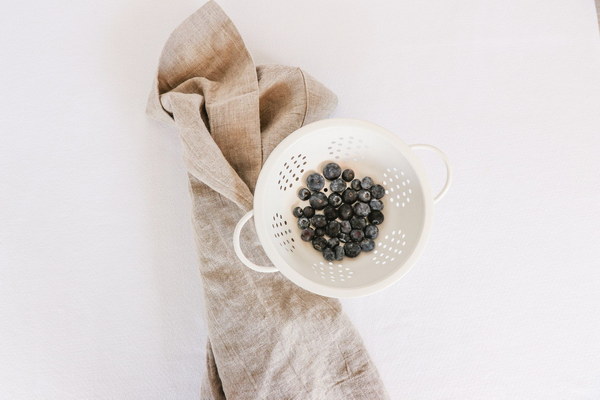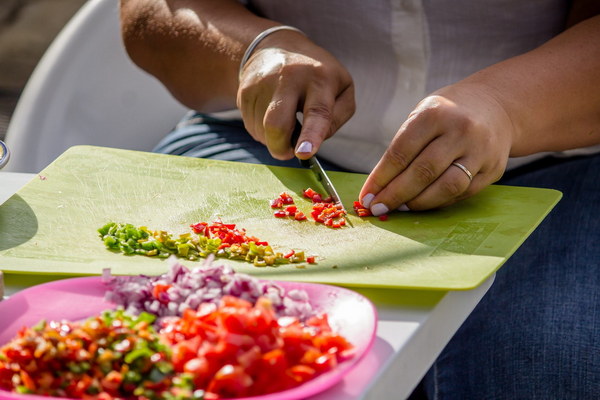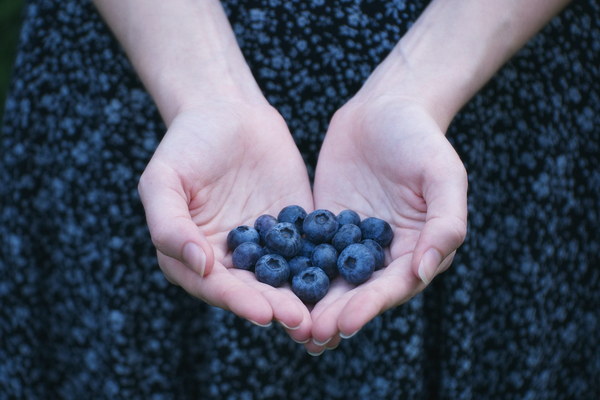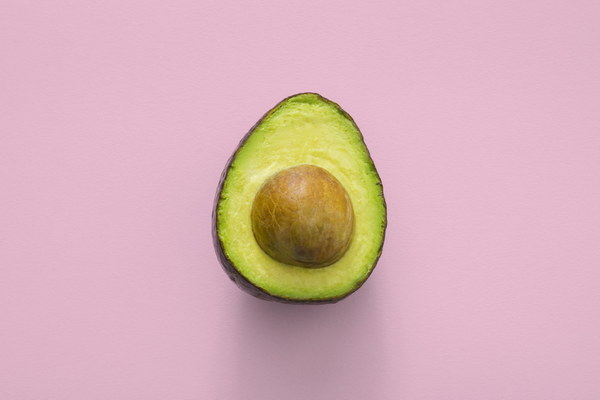Revitalize Your Health A Comprehensive Guide to Blending Traditional Herbs for Wellness Tea
Introduction:
In the quest for holistic health and wellness, the ancient practice of herbal tea blends offers a natural and flavorful way to nourish the body and mind. This article delves into the art of crafting traditional herbal tea combinations, exploring their benefits, and providing a step-by-step guide to creating your own health-boosting blends.
The Benefits of Herbal Tea Blends:
Herbal tea blends are not just a comforting beverage; they are a treasure trove of natural remedies that can support various aspects of health. Here are some key benefits:
1. Immune System Support: Certain herbs, like echinacea and ginger, can help boost the immune system, making them particularly useful during cold and flu season.
2. Digestive Health: Herbs like peppermint and fennel can aid in digestion, relieve bloating, and soothe an upset stomach.
3. Stress Reduction: Lavender and chamomile are well-known for their calming properties, helping to reduce stress and improve sleep.
4. Detoxification: Dandelion and nettle are diuretics that can support liver and kidney function, aiding in natural detoxification.
5. Energy and Metabolism: Green tea, with its caffeine content and metabolism-boosting properties, can provide a natural energy boost without the jittery side effects of coffee.
Creating Your Own Herbal Tea Blend:
Step 1: Determine Your Goals
Before you start blending, consider what you want to achieve with your tea. Are you looking to boost your immune system, improve digestion, or simply relax after a long day?
Step 2: Choose Your Base Tea
Start with a base tea that suits your taste preferences. Green, black, white, or herbal teas are all excellent choices.
Step 3: Select Your Herbs
Research herbs that align with your health goals. Here are some popular choices:
- Immune Support: Echinacea, ginger, turmeric
- Digestive Health: Peppermint, fennel, chamomile, ginger
- Stress Reduction: Lavender, chamomile, lemon balm
- Detoxification: Dandelion, nettle, burdock root
- Energy and Metabolism: Green tea, yerba mate, cinnamon
Step 4: Blend and Taste
Combine your chosen herbs with your base tea. Start with equal parts of each herb, or adjust to your taste. Steep for 5-10 minutes, depending on the strength you prefer.
Step 5: Experiment and Refine
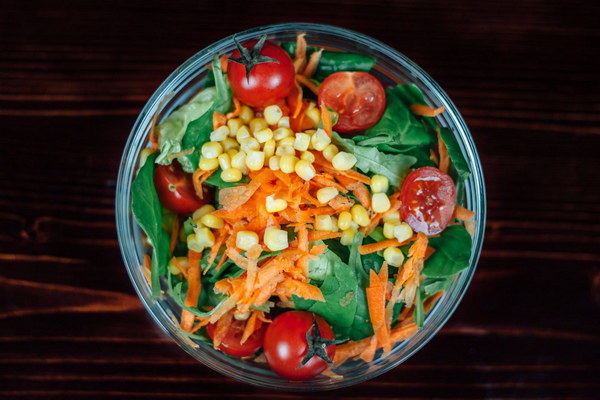
Feel free to experiment with different ratios and combinations. You might find that a blend of chamomile and lemon balm is perfect for relaxation, or that a mix of green tea and ginger is the perfect energizing morning drink.
Popular Herbal Tea Blends:
1. Immune-Boosting Blend: Echinacea, ginger, turmeric, and green tea.
2. Digestive Ease: Peppermint, fennel, chamomile, and ginger.
3. Serenity Tea: Lavender, chamomile, lemon balm, and a touch of honey.
4. Detoxifying Tea: Dandelion, nettle, burdock root, and green tea.
5. Energy Tea: Green tea, yerba mate, cinnamon, and a pinch of cloves.
Conclusion:
Herbal tea blends offer a delightful way to support your health and wellness. By understanding the benefits of various herbs and experimenting with different combinations, you can create personalized teas that cater to your unique needs. So, brew up a pot, take a moment to relax, and savor the natural goodness of a wellness tea blend.

